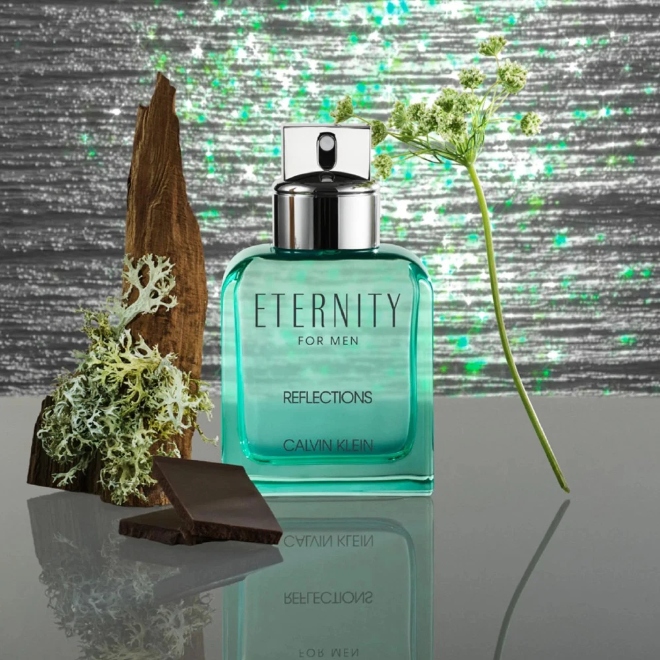It has been long believed that the scent of wood engenders a sense of comfort, so much so that the Japanese have a name and ritual to match for the olfactory phenomenon. “Shinrin-Yoku”, translated roughly as “forest bathing” is the practice of spending time in a forest and immersing oneself in its atmosphere as a method of self soothing. In the context of fragrances, however, woodiness takes on darker, more sultry alter ego.

Sandalwood promotes a sense of calm but is also used to entice and seduce when distilled into a bottle. Once used in money spells and to soothe inflammation, Patchouli is used as a sweetener of sorts to increase a fragrance’s intensity. We often imagine woody fragrances to be rich, warm and spicy, but waters are running crystal clear this fall.

The definition of transparent, “allowing light to pass through so that objects behind can be distinctly seen”, leads to the common misconception that opacity levels in a fragrance correlate to sillage strength. This is only true sometimes. Rather, we can think of fragrances like we do of a painting where the ingredients act in a similar way to coloured paint.

A transparent fragrance works more like a glaze instead, where light can shine through each layer without any one ingredient overshadowing the another. In contrast, ingredients in a more opaque fragrance tend to stack over each other until a singular, strongest ingredient stands out to the olfactory senses.

One should not belittle clearer wood fragrances to be thin or weak, as they often strategically make use of synthetics which can enhance sillage and longevity. Amouage’s Purpose contains Mystikal — a clearer-smelling version of frankincense that radiates gently on the skin while providing depth to airier adjacent ingredients like bergamot, papyrus and rose.

Meanwhile, the “watery” notes in Kenzo Homme Marine adds a crystalline clarity to what would otherwise be an overpowering blend of vetiver, ginger and clary sage.

In a more pellucid manner of speaking, a question to posit to those keen to try their hand (or rather, nose) at woody fragrances might be: “Do you want a fragrance that smells good or a fragrance that makes you smell good?”
Yet, there are perhaps no clear answers when dealing with the enigma of how we perceive each other on the neuro-chemical level. After all, how good a person is perceived to smell often starts from one other thing — himself as the main ingredient.
Photography Daryl Tan
Styling Manfred Lu
A version of this article was first published on MENS’ FOLIO Singapore.
For more reads on beauty and fragrances, click here.